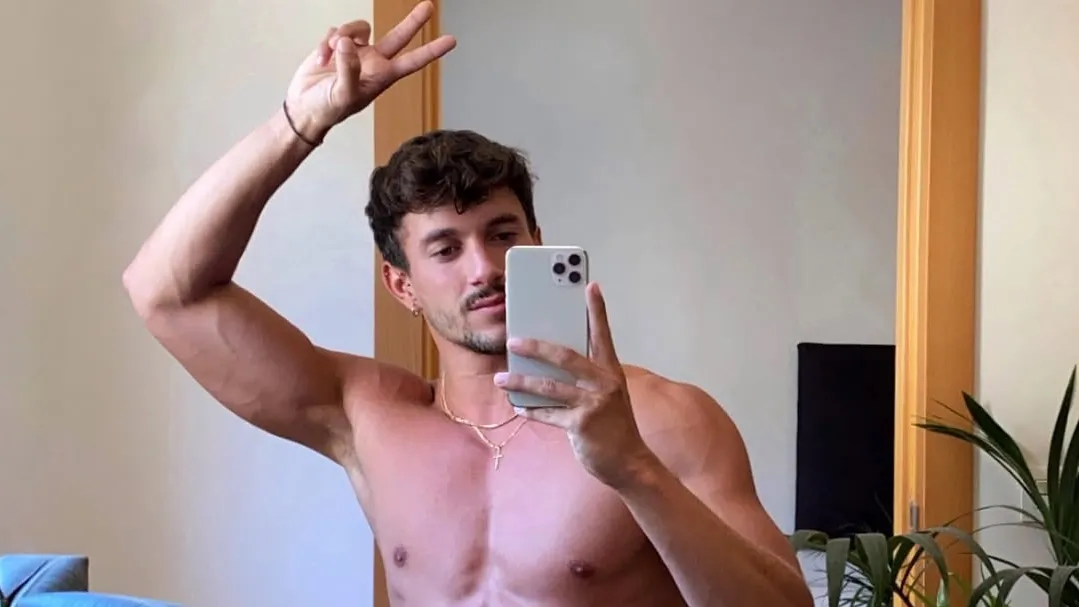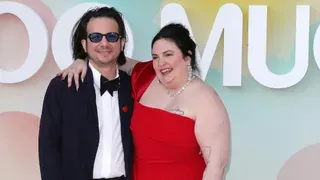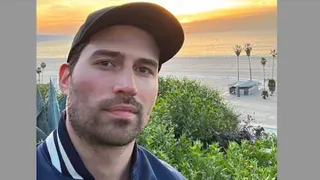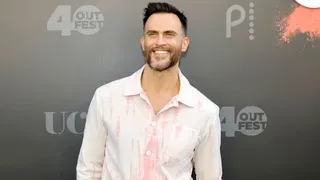November 26, 2024
Review: 'Queer' a Compelling, Unique Cinematic Journey
JC Alvarez READ TIME: 3 MIN.
Hollywood has moved into the space where telling stories about the LGBTQ+ experience is marketed as mainstream. Now and then, though, a genuinely compelling bit of filmmaking bubbles to the surface, produces something captivatingly unique, and immediately gets attention.
With his adaptation of William S. Burroughs's novella "Queer," filmmaker Luca Guadagnino doesn't venture too far from his much celebrated previous work "Call Me By Your Name," which starred Timothée Chalamet; indeed, he borrows some potent notes from that work for this new film.
The period piece, set in the 1950s post-war period, stars Daniel Craig and Drew Starkey. Craig's character, William Lee, is a gay writer who has exiled himself to Mexico City. He becomes infatuated with an American serviceman, Eugene Allerton, played by Drew Starkey. The older man/younger man scenario is not uncommon in gay films or literature; it is a byproduct, often, of how society tends to illustrate the homosexual experience. In "Queer," these are just establishing moments: Both Lee and Allerton become much more complex as the story progresses.
Among the transplants and others of similar dispositions, Lee stalks the bars and corner cafes of Mexico City for intimate exposure. He often finds the carnal companionship he craves, but intimacy escapes him. He settles on getting himself lost in his addictions to drugs; heroin and cocaine are his choices. Then, he catches the eye of the strapping young serviceman who is new to the small town.
Lee is terrified and enthralled by this young man. He is mesmerized by his attractiveness and elusiveness. Allerton appears most interested in becoming more familiar with the older man, and isn't turned off by the attention. Eventually, they fall into each other's web and become entangled sexually – exploring each other's physicality and drinking in that compatibility – but the intimacy that both men are looking for is like a moving target neither of them can hit. Lee is frustrated, wanting Allerton's attention, but Eugene wants to be free. They eventually strike up an agreement, and their journey begins. "Queer" is about want and losses, and also what is gained along the way.
The performances of both Craig (famed for his 15 tenure as James Bond) and Starkey (who also stars in the Netflix series "Outer Banks") are strikingly authentic and revelatory. They've created characters that inhabit the world that Guadagnino has built for them so genuinely that you no longer see the "men," but the personas whose stories you are engaged in. There's a palpable loneliness in their approaches, an isolation that resonates with the audience. The pair embark on a road trip in the second half of the film, and the relationship becomes more complex and heartbreaking, but deepens and becomes more complicated.
The visionary elements Guadagnino incorporates into the film are lush and deeply intriguing; from South American beaches to the drug nightmares Lee embarks on, this "love story" has layers upon layers. It can be a tiring exercise, but the effort is thought-provoking, and if "Queer" inspires anything, it's self-evaluation and examination of who, how, and why one loves.
The soundtrack is one of the most exciting parts of the journey. It assists in placing the story in an "any time, every time" element, with a mix that includes pop and funk from some unexpectedly familiar artists.
"Queer" is modern, visually compelling, and expertly acted. It is unlike anything one has seen, but it is exactly like something we have all experienced. It is relatable, emotional, romantic and chilling – and above all, very human.
"Queer" opens in limited release Nov. 27.
Native New Yorker JC Alvarez is a pop-culture enthusiast and the nightlife chronicler of the club scene and its celebrity denizens from coast-to-coast. He is the on-air host of the nationally syndicated radio show "Out Loud & Live!" and is also on the panel of the local-access talk show "Talking About".







